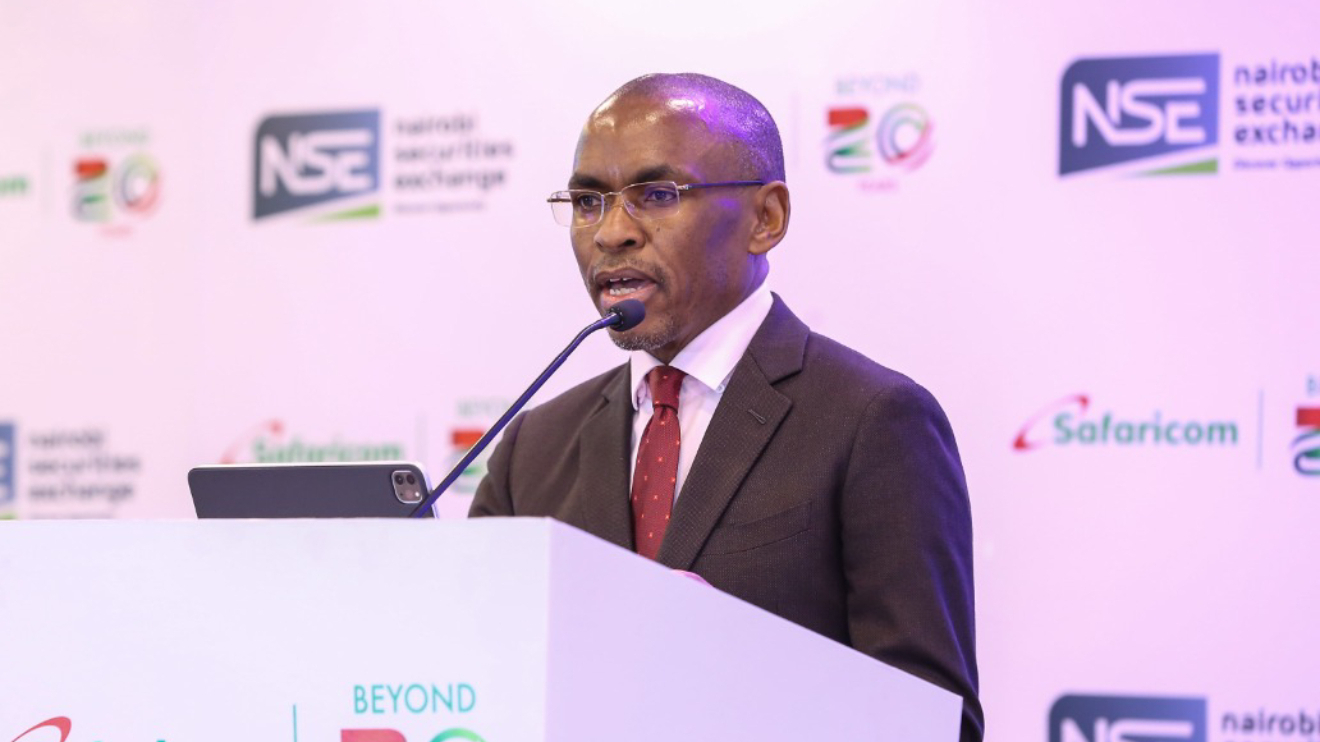The Kenyan government’s recent proposal to impose a 15 per cent tax on social media and internet services could dramatically affect both individuals and businesses involved in online activities.
If enacted, this tax would be added to the fees for accessing the internet and social media platforms, potentially raising the cost of digital services across the country.
The Tax Laws (Amendment) Bill, 2024, introduced by the Leader of Majority, Kimani Ichung’wah, outlines the new excise duty on social media and internet services.
The proposal, published by the National Assembly Clerk Samuel Njoroge, aims to address the rising cost of communication services and increase government revenue from the digital sector.
If passed, internet service providers (ISPs) are expected to pass on the higher costs to consumers, which could see internet bundle prices rise. This could affect both residential and business customers, as well as the digital advertising and e-commerce industries, which rely heavily on affordable internet access.
Read More
Small and medium-sized enterprises (SMEs), freelancers, influencers, and content creators who depend on social media for marketing and customer engagement may be hit hardest.
“Content creators, who already face withholding taxes under the Finance Act 2023, could see their income further reduced,” the proposal suggests, warning that smaller creators may struggle to sustain themselves.
Similarly, online businesses might raise prices to offset the added tax, potentially reducing demand for goods and services, while the cost of digital advertising could make it harder for smaller businesses to compete.
While the 15 per cent tax could increase costs for many users, the Bill also proposes a reduction in the excise duty on telephone and data services from 15 per cent to 12 per cent.
This potential reduction could provide some relief to mobile users, making voice calls and mobile data more affordable. It follows a previous reduction from 20 per cent to 15 per cent under the Finance Act 2023, which aimed to ease the burden on consumers.
The Kenyan government is facing mounting pressure to lower communication costs, with the East African Community (EAC) Technical Committee on Communications urging a cap on data roaming charges at 65 cents per megabyte.
In response, the Parliament has invited public submissions on the proposed tax changes, highlighting the contentious nature of the government’s approach to digital taxation.
The proposed 15 per cent tax on social media and online business income is part of a broader strategy by the Treasury to expand Kenya’s tax base. This proposal comes after a cabinet reshuffle and public backlash led to the rejection of the Finance Bill 2024.
Treasury CS John Mbadi’s plan to tap into Kenya’s growing digital economy has sparked intense debate.
"This additional 15 per cent tax may make it difficult for smaller creators and influencers to sustain themselves, potentially slowing the growth of Kenya’s vibrant digital content industry," said one observer.
If implemented, the new tax could also have wider implications for Kenya’s telecommunications sector. Telecom providers may pass the increased costs onto consumers, making data and internet access more expensive.
As a result, lower-income groups could face even greater challenges in accessing essential online services, exacerbating the digital divide.
The effects on employment in the digital sector could also be profound, with fewer opportunities in social media management, digital marketing, and content creation.
With Kenya’s digital landscape rapidly evolving, the government’s proposed tax could reshape the future of online business, e-commerce, and digital content creation, with both positive and negative consequences for the country’s digital economy.







-1756319289.jpg)
-1757101509.jpg)



